Interview: IT MUST BE Michael Kearns With His Latest GENDERFUL MUSICAL MEMOIR
Michael Kearns presents his 16th Solo Show It Must Be Him: A Genderful Musical Memoir as part of CIRCA: Queer Histories Festival October 11th

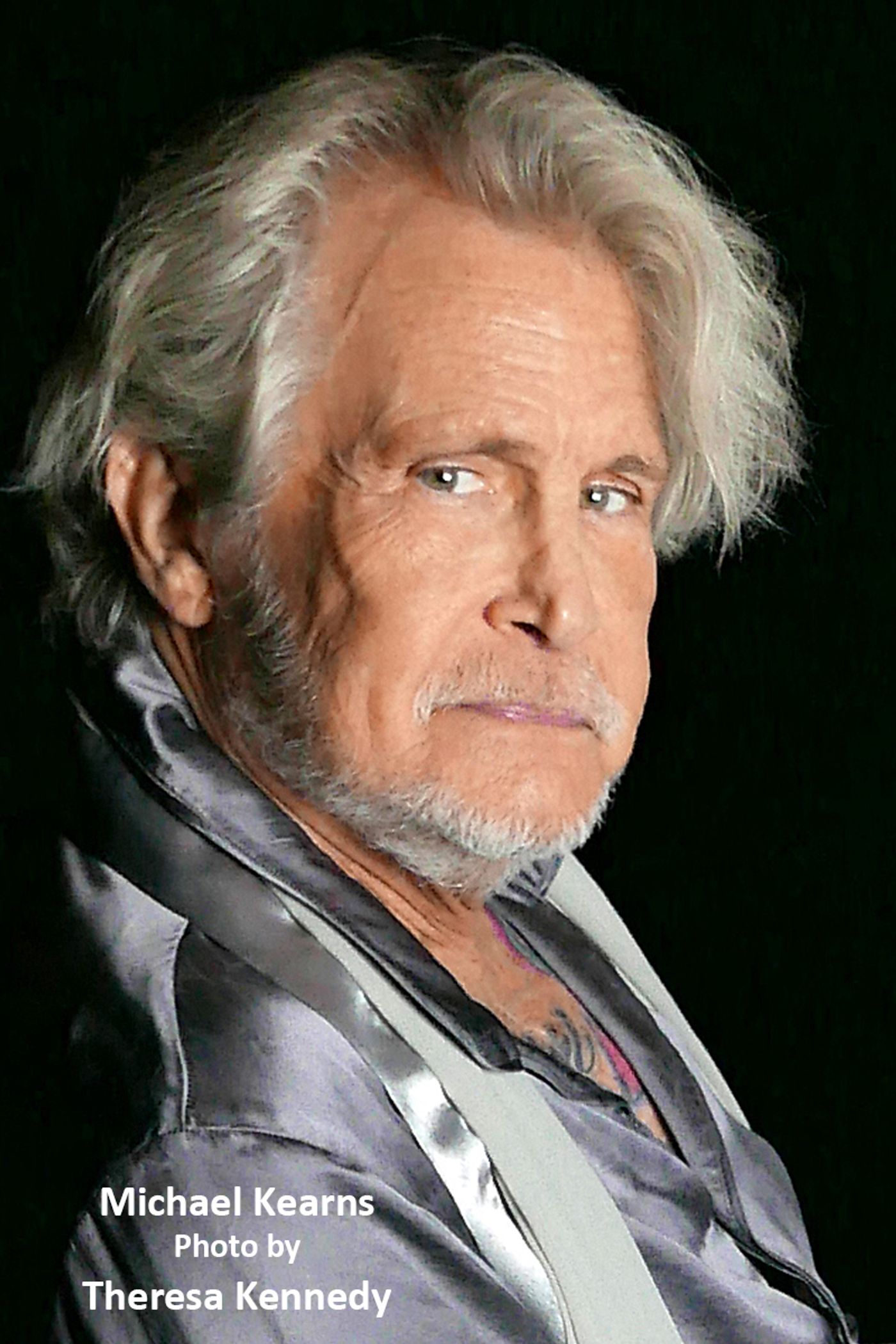
Michael Kearns presents his 16th Solo Show It Must Be Him: A Genderful Musical Memoir as part of CIRCA: Queer Histories Festival October 11, 2023 at the LGBT Center’s Davidson/Valenti Theatre. Long-time collaborator Ryland Shelton directs Michael. Michael graciously agreed to this, our fourth interview.
Thank you for doing another BroadwayWorld interview with me, Michael!
The last time I interviewed you (2021 for the launch of your seventh book Who’s Afraid of Michael Kearns?), you told me you had started taking singing lessons twice a week beginning before the quarantine. Have you been singing in public before your sixteenth solo show?
I have sung passably in a number of musicals and even took a stab at a nightclub act about a decade ago, but this was decidedly different. I had a bit of time during the pandemic, and I knew Ryland was a lauded singing teacher so I dove in, not with any intention to do a show. I felt like I could sing better than I had sung previously if I had some training.
Was Vickki Carr’s 1967 hit of It Must Be Him the version of this song you’re most familiar with?
 At this point, I’m married to the song. I do two utterly different versions in the show: One is a camp lip-sync iteration, honoring all of those wild and brave drag queens in gay bars who did their lip-sync interpretations of the song when I was growing up. They were funny, sad, outrageous, tragic, and oh so gay: the definition of “theatre.”
At this point, I’m married to the song. I do two utterly different versions in the show: One is a camp lip-sync iteration, honoring all of those wild and brave drag queens in gay bars who did their lip-sync interpretations of the song when I was growing up. They were funny, sad, outrageous, tragic, and oh so gay: the definition of “theatre.”
I close the show with my second rendition which concludes a 9-minute medley of songs including (in addition to “It Must Be Him”), the classic “The Man That Got Away” from A Star Is Born. Yikes, the reality of that overwhelms me. But I can’t think to myself, ‘I’m singing one of Judy Garland’s most revered performances’; I can’t think of the songs as anything other than juicy stories to tell.
It Must Be Him: A Genderful Musical Memoir was originally titled late sixties/early seventies. You had told me, “late sixties/early seventies which has hundreds of meanings, but for me it signifies songs of the late Sixties and the early Seventies which became fodder for my emotional memories and tied me to a non-binary version of myself who relied on those songs to lead the way for a queer boy in St. Louis to discover himself and not dismiss his romantic longings or his deepest, darkest desires. It is as painfully private and self-revelatory as anything I’ve written, but I haven’t written a word of it. I’ve merely arranged an order that tells a story that must be sung because the passion runs so deep and so complicated. OMG, I’m scared.” I like both titles. How did the original morph into its current?
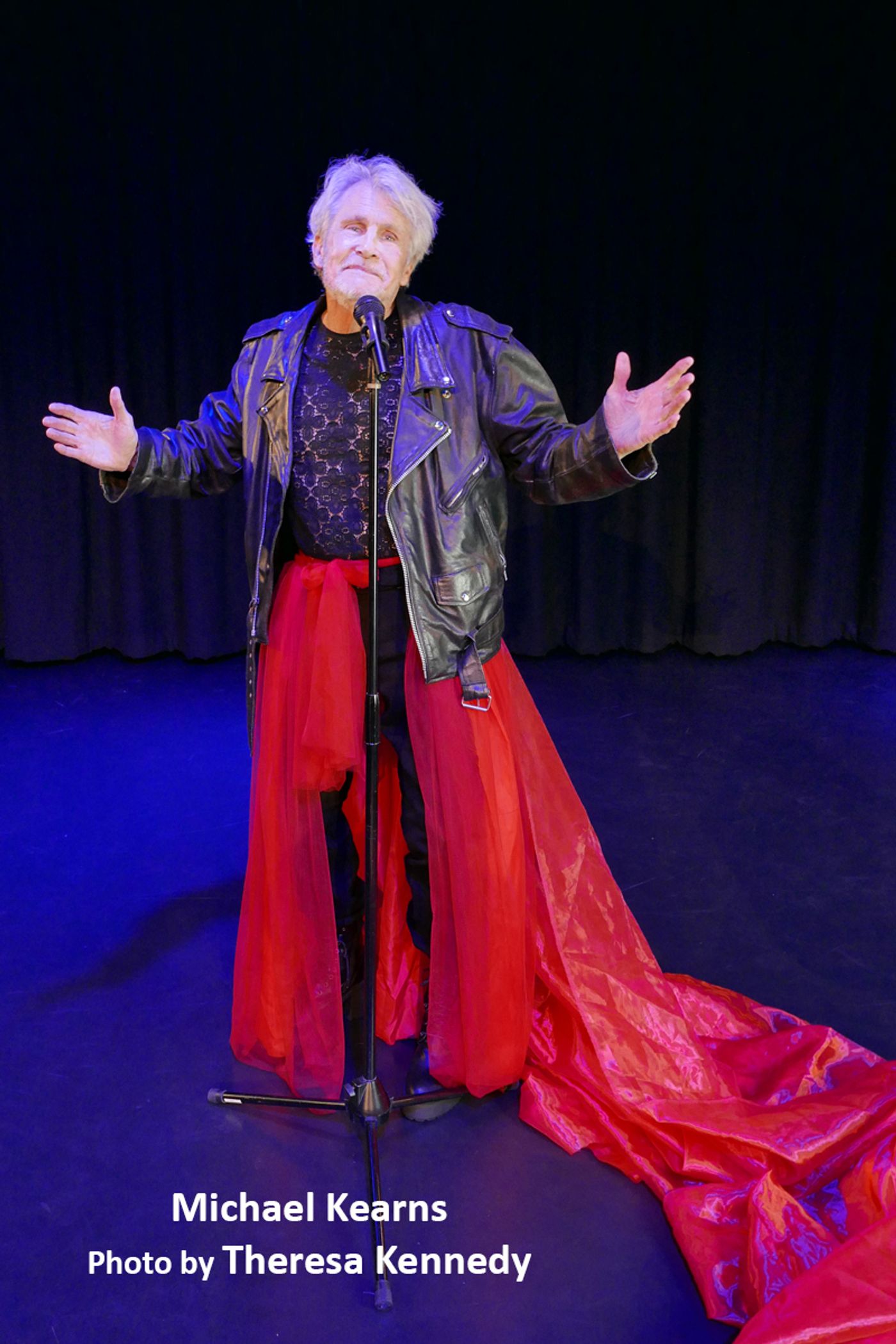 Thanks. I loved late sixties/early seventies but people didn’t seem to get it. If you have to repeatedly explain the title, get rid of it and create a more accessible one. It Must Be Him came to me one day and when Ryland was enthusiastic, the new title was born. And either you know the Vicki Carr song or you think it’s about some poor lovesick desperado who needs their man.
Thanks. I loved late sixties/early seventies but people didn’t seem to get it. If you have to repeatedly explain the title, get rid of it and create a more accessible one. It Must Be Him came to me one day and when Ryland was enthusiastic, the new title was born. And either you know the Vicki Carr song or you think it’s about some poor lovesick desperado who needs their man.
But we wanted the subtitle to spell it out a bit more explicitly without overkill.
We wanted them to know I’m dealing with gender issues that are evoked by singing while it’s ultimately a memoir.
We invented the word “genderful” (I think) to express in poetic/artistic terms the current zeitgeist of gender manifestations. Nowhere in the script do we use the words “non-binary” or “sexually fluid” or “trans” or “cis-gendered” or “gender nonconforming.” Those are labels that are becoming shopworn whereas “genderful” is playful, not clinical, and inclusive.
Are all the songs in It Must Be Him from the 1960s and 70s?
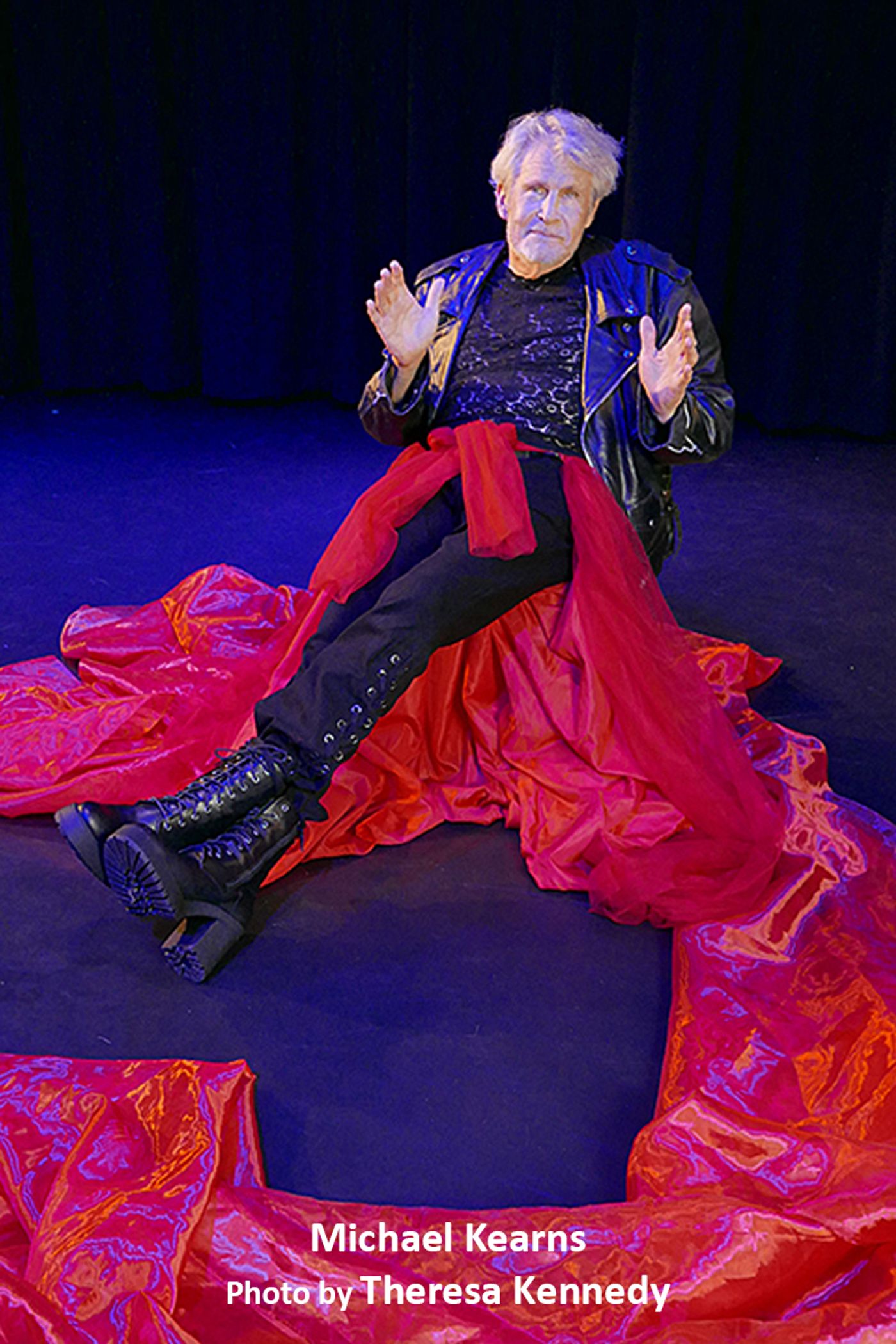 We’ve done two workshops and I believe the first one was true to the conceit that the songs were from 1968. We loosened that prescription when other songs entered the show’s bigger picture and proved to be truly necessary. For instance, “Ten Cents A Dance” was performed by Ruth Etting in 1930—almost one hundred years ago — and it is one of the show’s most electric deliveries. Hint: I’m not at all like Ms. Etting — well, the pain is the same but hers is beautifully plaintive whereas mine is a theatrical roller coaster.
We’ve done two workshops and I believe the first one was true to the conceit that the songs were from 1968. We loosened that prescription when other songs entered the show’s bigger picture and proved to be truly necessary. For instance, “Ten Cents A Dance” was performed by Ruth Etting in 1930—almost one hundred years ago — and it is one of the show’s most electric deliveries. Hint: I’m not at all like Ms. Etting — well, the pain is the same but hers is beautifully plaintive whereas mine is a theatrical roller coaster.
There must be an enormous amount of 1960s and 70s songs to choose from. What criteria helped you narrow it down to It Must Be Him’s song list?
I started bringing in songs to sing when taking classes from Ryland. What I thought was a wide variety of songs. But at some point, it occurred to me that all the songs I brought in were women singing about their tumultuous love affairs. And — get this — almost all of them were from 1968 — the year, by the way, I graduated from high school. At some point in our process, I told Ryland that I sang some of those songs as a seventeen-year-old who had no other way to express the passions of male-male love. This is what gay boys everywhere did — change the pronouns or change the female names to male or sing the song straight. But those heart-tugging diva interpretations are what we glommed onto. Our true thoughts were forbidden. But those songs gave us some kind of hope and, along with it, identity. That’s the complex part of the narrative.
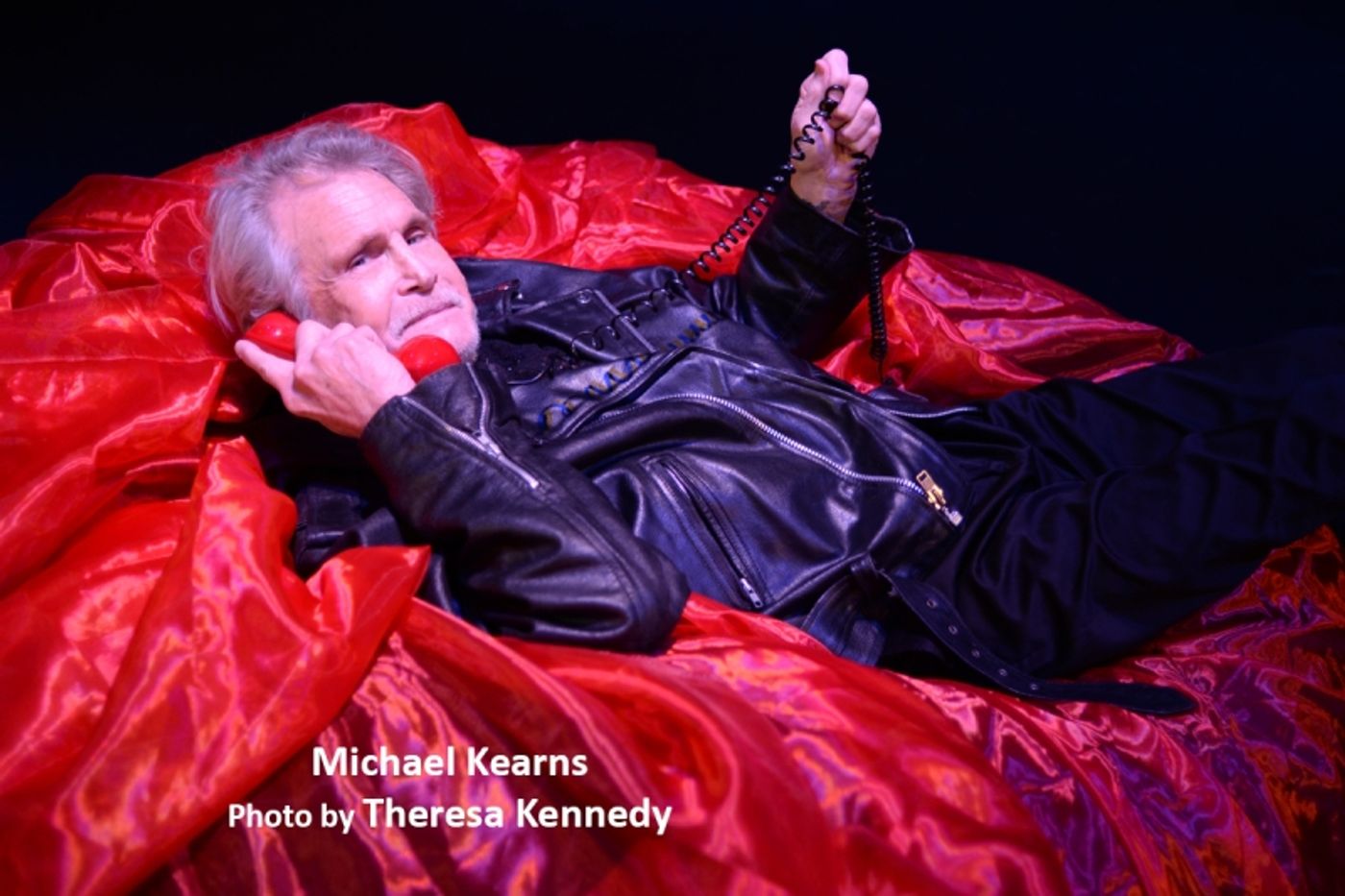 Is there a certain song you’re must anxious to perform?
Is there a certain song you’re must anxious to perform?
Because I love the song so much and it’s truly a jazz-influenced piece, “Guess Who I Saw Today” — Nancy Wilson, 1952 — is emotionally complex, appropriately, as is the music. The song is so intensely story-driven that it rises to the power of a Shakespearean soliloquy. I love it. It scares me. I can do it.
Broadway Cares/Equity Fights AIDS produces its Broadway Backwards annually in which male performers sing show tunes originally sung by women and vice versa. Sam Smith sings without changing pronouns in their songs. Which approach are you taking in your show?
This is what the show is about, tied to my memories of coming out, falling madly in love, torrid love affairs, and inevitably an AIDS death. But it is also taking a serious look at why gay men in the sixties and seventies (and beyond) used songs, mostly written by women, to express their emotional life that was not allowed to reveal. My show illustrates this phenomenon from our past and shows how the songs often still influence our behavior today. And, Honey, it’s not always happily ever after.
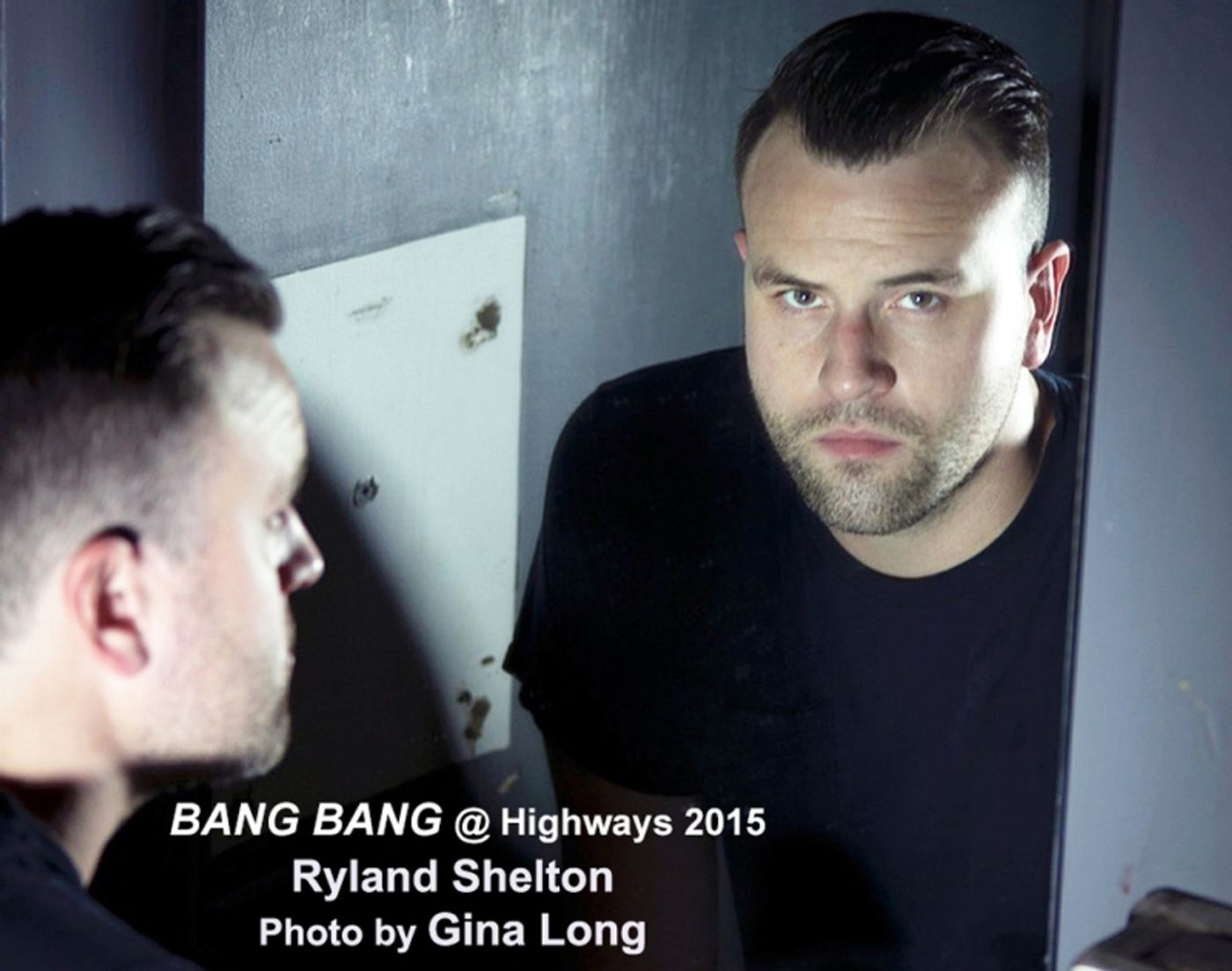 You have had a long professional relationship with Ryland Shelton. You’ve directed him in Bloodhound, he’s been directing your shows including It Must Be Him. You must have a shorthand in communication, right?
You have had a long professional relationship with Ryland Shelton. You’ve directed him in Bloodhound, he’s been directing your shows including It Must Be Him. You must have a shorthand in communication, right?
Definitely shorthand. The other day I said to him, “Why are you are telling me something, you can tell what I’m thinking and exactly what I’ll say when you finish, yes?” So often I don’t need to respond. Yes, we’ve been working together for ten years now in various capacities, but this is the strongest. He is so loving and respectful but that doesn’t mean he’s a pushover because he conveys what he wants. These collaborations are my love affairs. It feels so girly to say that I practically have to be in love with my directors — listen, girly or not, there is nothing more intimate or more emotionally strenuous than acting. And you need a partner who loves you unconditionally at every turn. I’m not a diva but I’m not always a walk in the park. But I know that and attempt to put the brakes on, and Ryland helps. That’s really knowing someone.
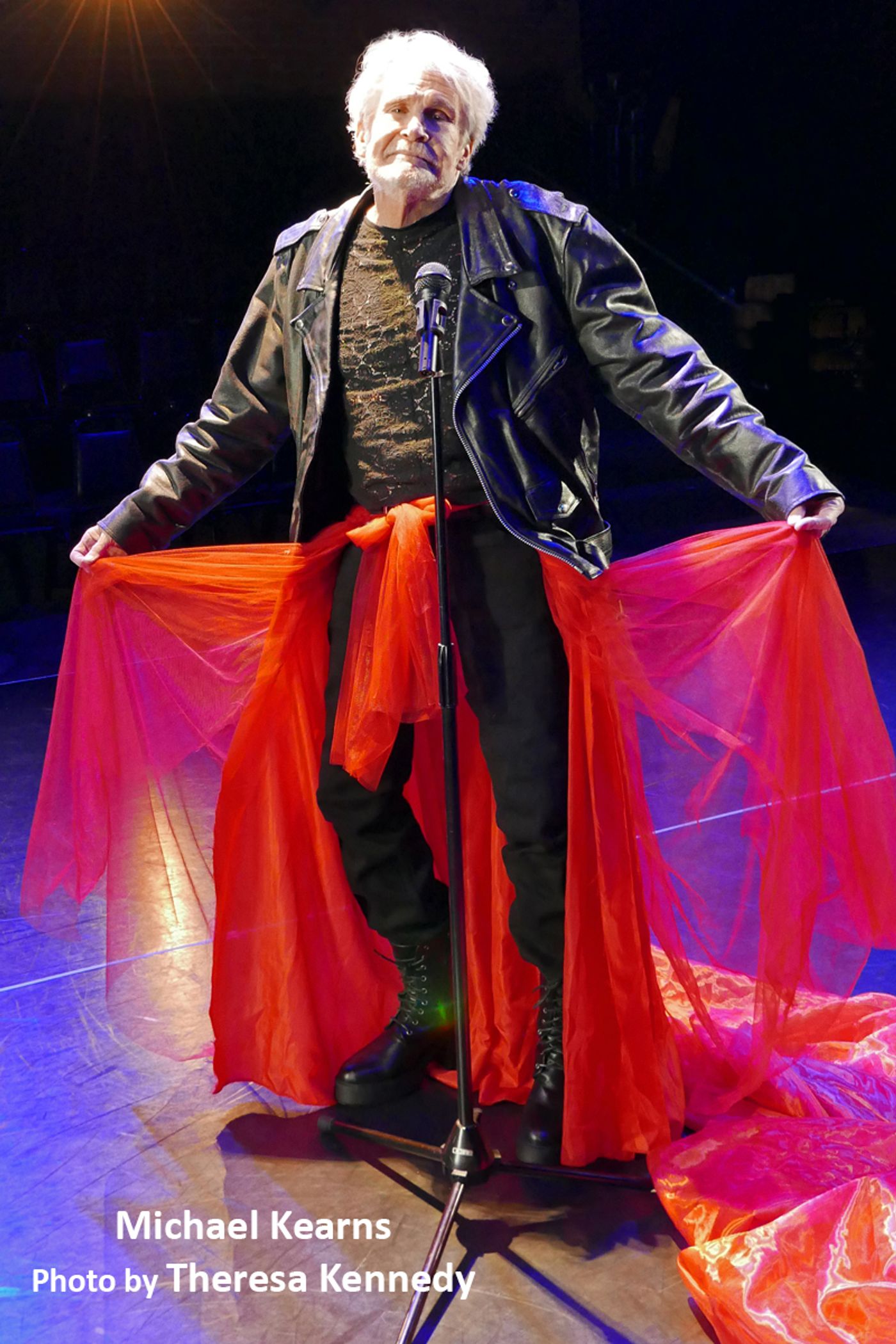 What cosmic forces brought you and your accompanist Leigh Anne Gillespie together?
What cosmic forces brought you and your accompanist Leigh Anne Gillespie together?
Keep in mind, I had only been singing with tapes, not with a live piano, while getting ready for the show. The day before our first workshop performance (December of 2022), we rehearsed with this young man who was very prepared and professional (or so we thought) and we worked on all of the songs. I was confident. No more than 24 hours before our first curtain, he calls Ryland with some lame excuse, announcing he can’t do the show. Resourceful Ryland found Leigh Ann who taught on Fridays (the day of the first performance) but she’d be at the space as close to 7:30 as she could. In other words, a half an hour or so before curtain. I was a wreck until she walked in the room with authority and vulnerability in one package. Ryland had us do some of the initial intros of the songs but not all of them. We may have sung “Preacher Man” once so she could hear me and catch on to how she’d follow me. We did it. One of those show-biz miracles. I can’t imagine doing the show without her. She’s there with me every second, always making me look as good as possible.
What’s else is cooking Michael Kearns’s creative brain for the near future?
I know I should say “retire” but that’s not in the cards. We hope to tour this show, lightly, in various American cities and then maybe do some festivals in Europe. After that, who knows? Maybe I will retire. But what a swan song this would be.
Thank you again, Michael! I look forward to checking out your vocal prowess.
Thank you for being so consistently good to me. And thank BroadwayWorld for giving me the star treatment.
About the “vocal prowess” — that’s not the goal. I’m using the songs to express complex feelings — as a 73-year-old man in a 17-year-old’s heart — that define me. Do I want to sound good? Yep, and I will, but the emotion is what carries me and the songs.
For tickets to the October 11th show at LGBT Center’s Davidson/Valenti Theatre, click on the button below:
Videos

